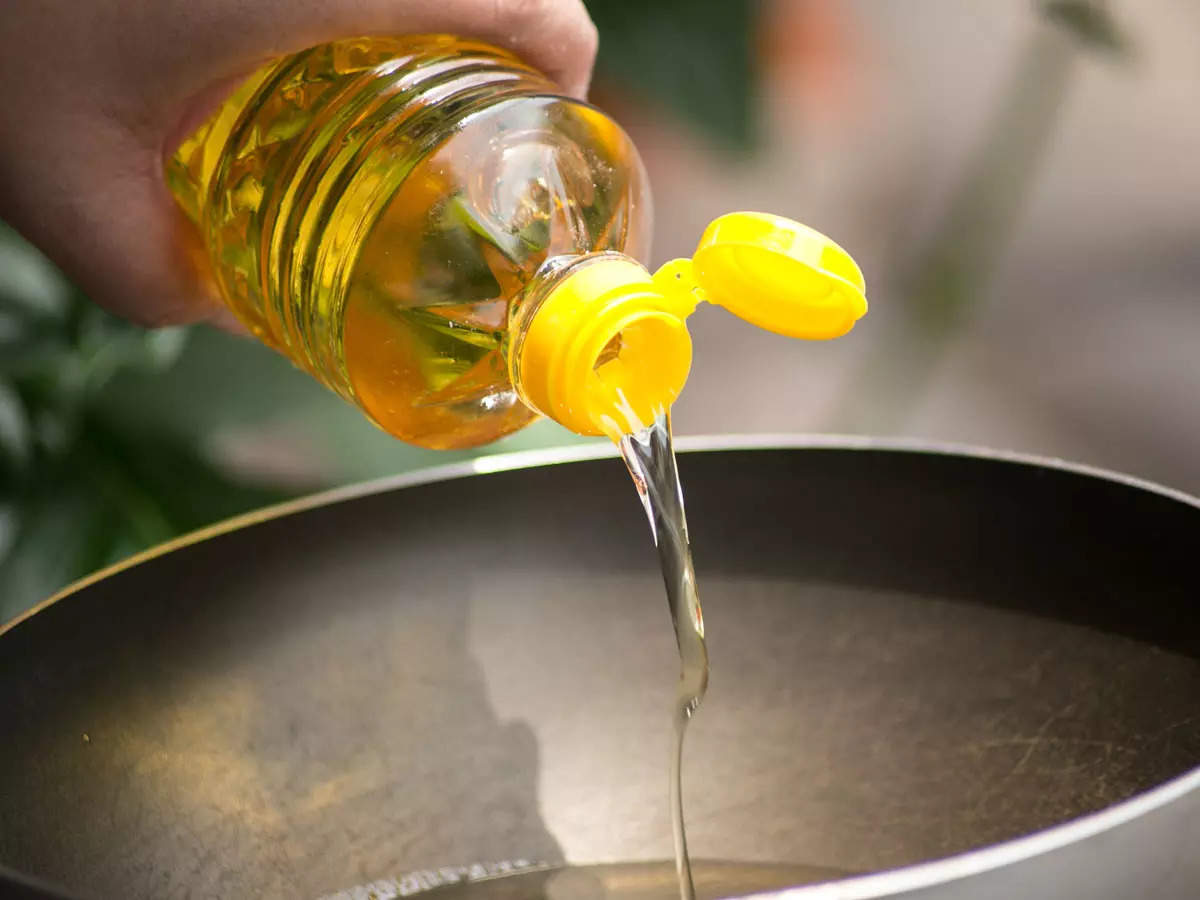NEW DELHI, Oct 3 : The Government on Thursday approved the National Mission on Edible Oils ? Oilseeds (NMEO-Oilseeds), a landmark initiative aimed at boosting domestic oilseed production and achieving self-reliance in edible oils.
The Mission will be implemented over a seven-year period, from 2024-25 to 2030-31, with a financial outlay of Rs 10,103 crore.
This mission will focus on enhancing the production of key primary oilseed crops such as Rapeseed-Mustard, Groundnut, Soybean, Sunflower, and Sesamum, as well as increasing collection and extraction efficiency from secondary sources like Cottonseed, Rice Bran, and Tree Borne Oils, an official statement said after the Cabinet meeting chaired by Prime Minister Narendra Modi.
India is heavily reliant on imports which account for 57% of its domestic demand for edible oils. To address this dependency and promote self-sufficiency, the Government has undertaken a series of measures to enhance domestic production of edible oils, including the launch of National Mission on Edible Oils ? Oil Palm (NMEO-OP) with an outlay of Rs 11,040 crore to boost oil palm cultivation in the country in 2021.
The mission, approved today, aims to increase primary oilseed production from 39 million tonnes (2022-23) to 69.7 million tonnes by 2030-31.
Together with NMEO-OP (Oil Palm), the Mission targets to increase domestic edible oil production to 25.45 million tonnes by 2030-31 meeting around 72% of our projected domestic requirement. This will be achieved by promoting adoption of high-yielding high oil content seed varieties, extending cultivation into rice fallow areas, and promoting intercropping.
The Mission will harness ongoing development of high-quality seeds by using cutting-edge global technologies such as genome editing, the statement said.
To ensure the timely availability of quality seeds, the Mission will introduce an Online 5-year rolling seed plan through the ‘Seed Authentication, Traceability & Holistic Inventory (SATHI)’ Portal, enabling states to establish advance tie-ups with seed-producing agencies, including cooperatives, Farmer Producer Organizations (FPOs), and government or private seed corporations.
As many as 65 new seed hubs and 50 seed storage units will be set up in public sector to improve the seed production infrastructure.
The Mission also seeks to expand oilseed cultivation by an additional 40 lakh hectares by targeting rice and potato fallow lands, promoting intercropping, and promoting crop diversification, it added. (UNI)


